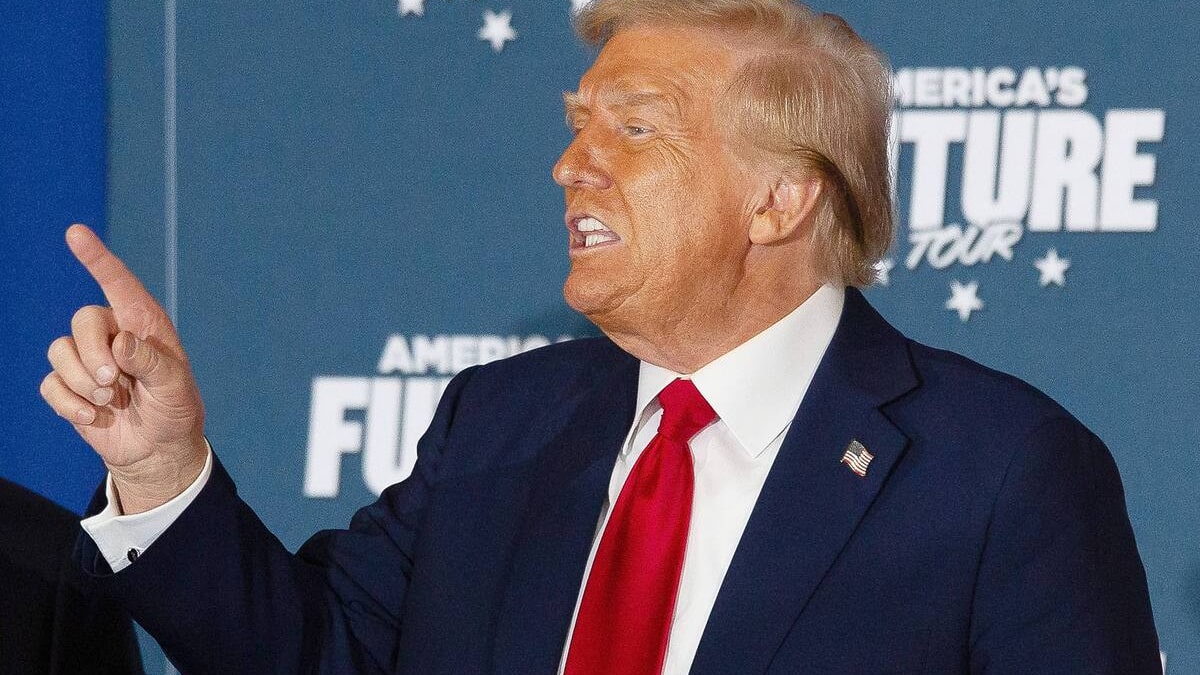
(Washington) Seven weeks before the US presidential election, Kamala Harris continued her campaign to woo ethnic minority voters on Wednesday, energized by a poll that predicted a slight lead over Donald Trump in two key states.
The vice president devoted part of this new campaign day to addressing Latinos, having conducted an interview the day before with the Black Journalists Association, and as her campaign team works to increase advertising on Spanish-language radio stations.
Invited to visit Washington by an organization that promotes and advocates for Latinos, the 59-year-old Democrat warned of the “mass expulsion” of immigrants and “concentration camps” that Donald Trump has promised if he wins the Nov. 5 election.
Advantage in Pennsylvania
The US central bank (the Federal Reserve) announced on the same day a 0.5 point cut in its main interest rate, the first since the spring of 2020, as inflation gradually returns to its line in the world's largest economy.
This is a boon for Kamala Harris because it helps her defend the Democratic administration's record, which her Republican rival has criticized as the worst in decades.
The Democrat held a slight lead of at least 5 points over Donald Trump in Pennsylvania and Michigan, according to a Quinnipiac University poll released Wednesday.
After a week of debate between the candidates, the Democrat received 51% of voting intentions in Pennsylvania, compared to 45% for her Republican competitor.
This pivotal state is considered crucial in the race for the White House, because it brings the winner more voters than any of the other six most competitive states.
It makes sense that the two rivals will face each other in Pennsylvania, during the September 10 debate, which may be the only one between the vice president and the Republican billionaire.
It was also in this state that Donald Trump was subjected to his first assassination attempt, on July 13, when a gunman shot him in the ear.
Still, according to this Quinnipiac survey, MI Harris leads Trump in Michigan (50 to 45%) and less clearly in Wisconsin (48 to 47%).
A candidate who is defeated in these three states virtually loses any chance of being elected nationally. Donald Trump won them in 2016 and Joe Biden in 2020.






